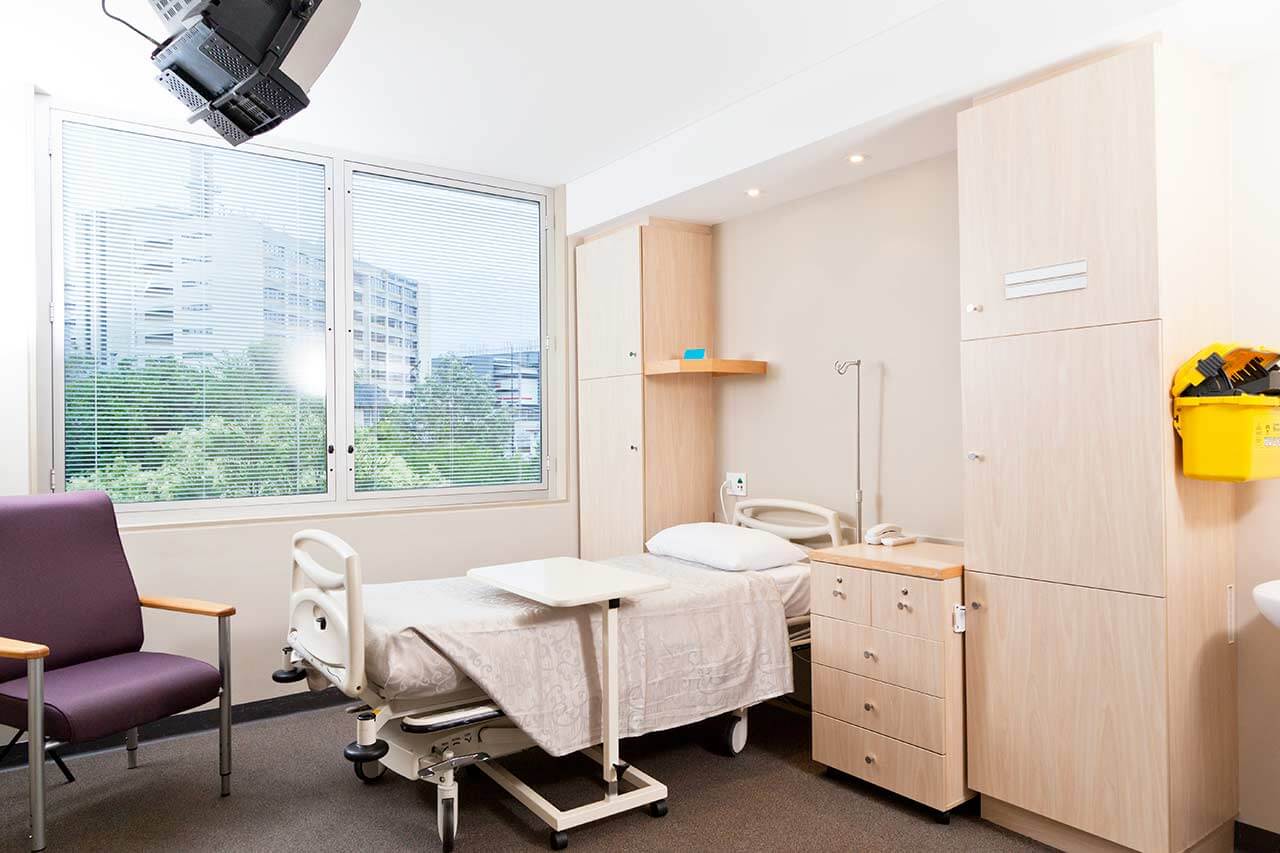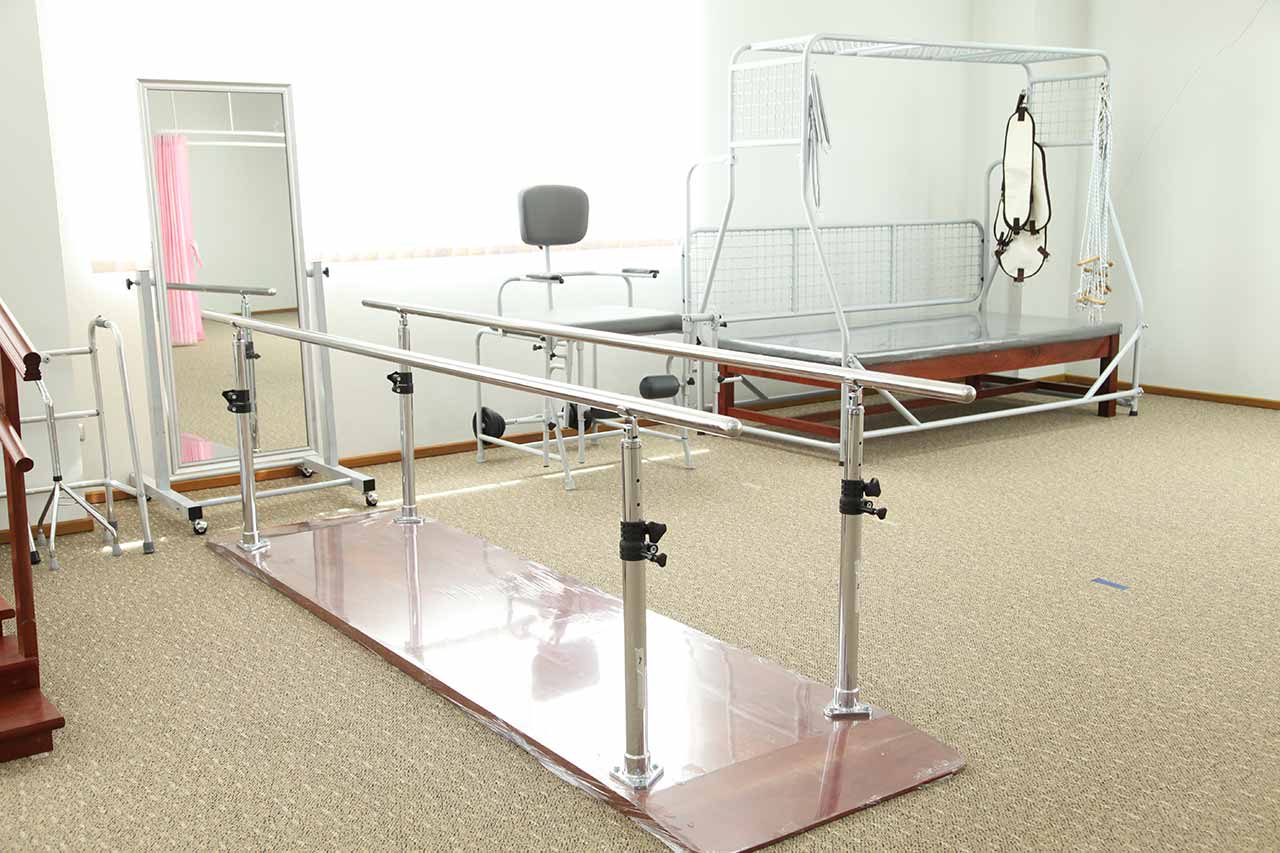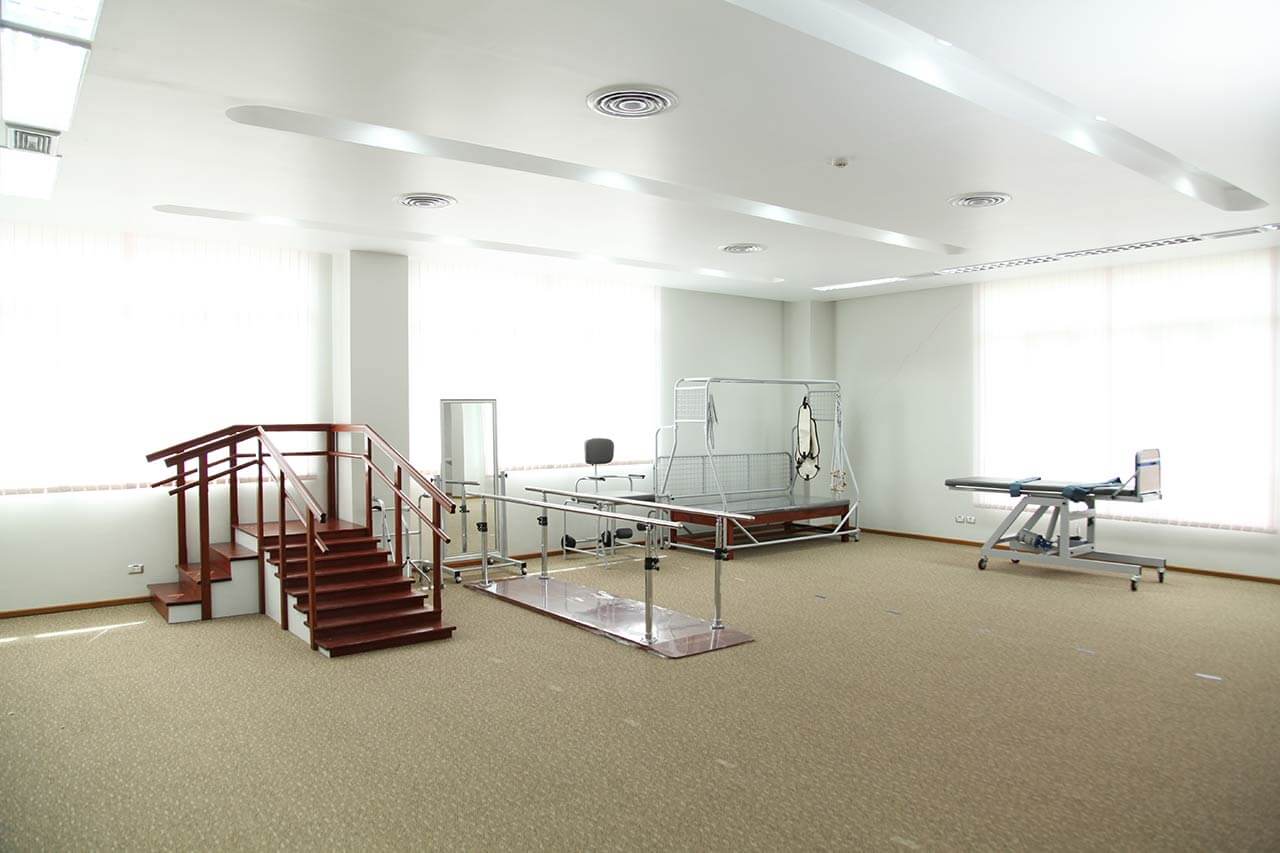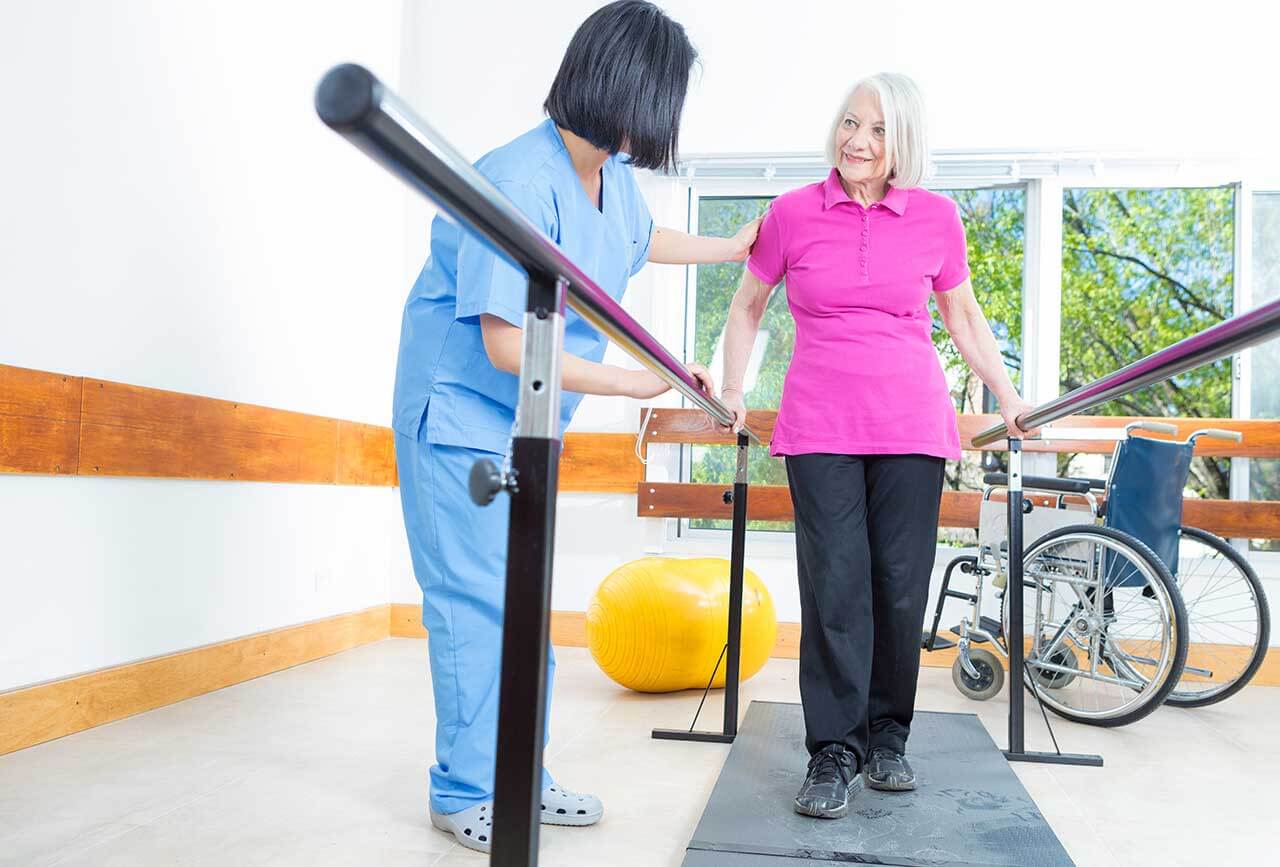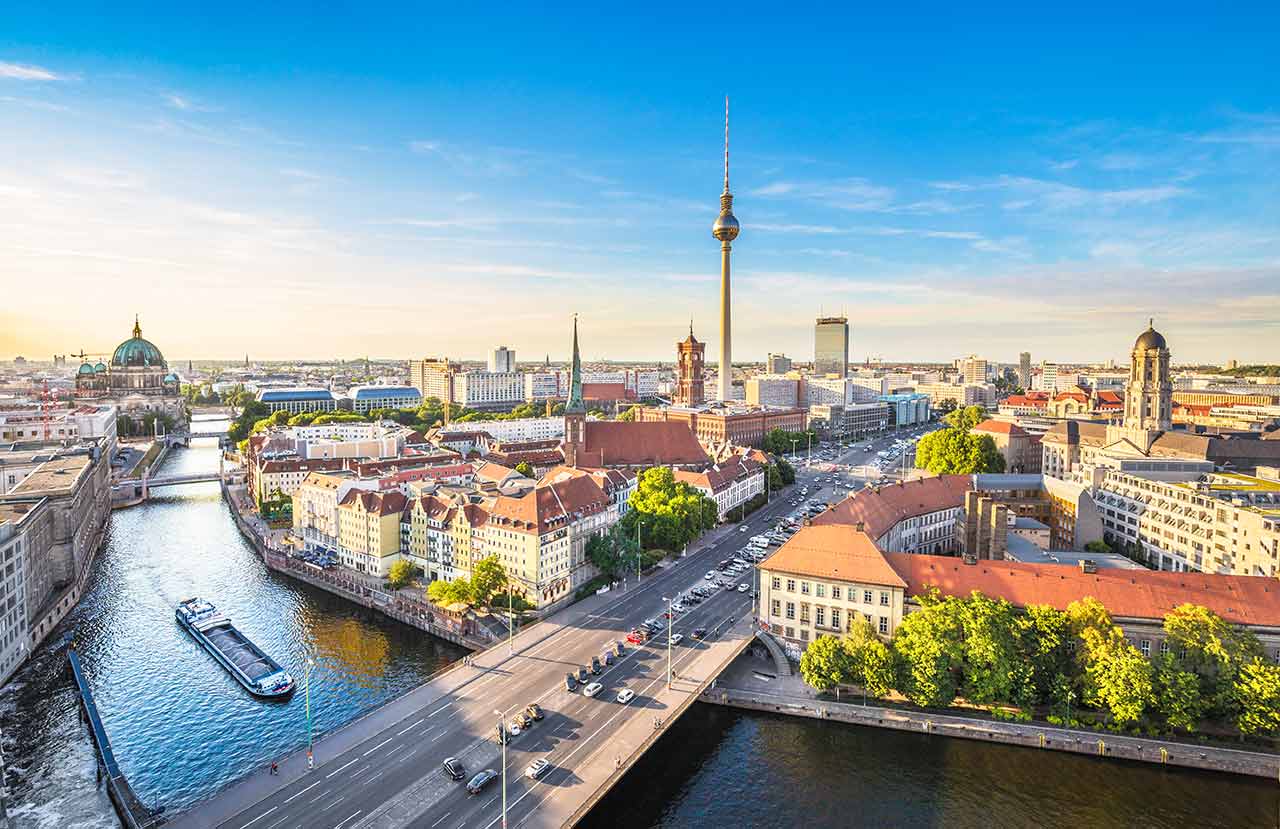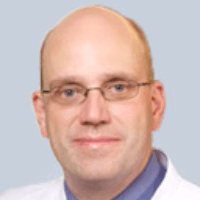
The program includes:
- Primary presentation in the clinic
- medical history, including family history
- complex neurological and orthopedic examinations
- CT / MRI / X-ray examination
- complex neurophysiological examinations
- individual rehabilitation program, which includes:
- propriozeptive neuromuskuläre fazilitation (PNF)
- transcranial magnetic stimulation (TNS)
- orofacial stimulation of Castillo Morales
- functional propriotrening
- various methods of respiratory gymnastics
- Wii Fit training in the use of the balance
- neuropsychological therapy
- functional therapy of the upper extremities (ArmeoSpring)
- functional electrical stimulation / neurostimulation
- kinesitherapy (physiotherapy)
- biocontrol with feedback
- healing deep muscle massage
- neuromuscular electrostimulation
- acupuncture of spasticity and pain syndromes
- occupational therapy
- psycho-educational classes
- logopedia in the language of the patient
- Individual physiotherapy
- microcurrent treatment
- fangotherapy / cryotherapy
- antispasmodic drug therapy (incl. Botox)
- mobilization of limb joints
- hydrotherapy / massage therapy / reflexology
- training on special trainers (Lokomat, exoskeleton)
- bladder training
- bowel training
- and etc.
- constant care nurses
- stay in the hospital with full board
- symptomatic and drug therapy
Service
You may also book:
 BookingHealth Price from:
BookingHealth Price from:
About the department
The Department of Neurological Rehabilitation at the MEDIAN Rehabilitation Clinic Berlin Kladow offers all the options of modern rehabilitation medicine to restore the health of patients after diseases of the nervous system and neurosurgical interventions. The department specializes in the early rehabilitation of phases B and C. The medical facility has a special station for patients on mechanical ventilation. The patients with satisfactory clinical indications have the opportunity to undergo neurological rehabilitation on an outpatient basis. The team of the department's rehabilitation therapists is distinguished by the highest professionalism, so the patients can be sure of the high efficiency of rehabilitation treatment. In addition, the department uses only reliable modern therapeutic methods, including its own developments. The Chief Physician of the department is PD. Dr. med. Christian Dohle.
The key to successful recovery after a neurological disease or a neurosurgical intervention is an individual selection of rehabilitation measures, which will help the patient to maximally restore his lost skills. When undergoing rehabilitation, the patient is under medical supervision, which allows the specialists to control the dynamics of his condition and, if necessary, adjust the rehabilitation program by reducing or increasing the load, adding new therapeutic procedures, etc. The diseases of the nervous system can cause paralysis, speech and swallowing disorders, narrowing of the visual fields, double vision, impaired concentration and attention, movement disorders. To eliminate these disorders, the department's doctors use the whole range of rehabilitation measures – from therapeutic exercises, occupational therapy, speech therapy, physical therapy to locomotor therapy using special equipment, mirror therapy, therapy for balance disorders using the innovative Wii Balance Board. The key role in the effectiveness of rehabilitation is played by the regularity of rehabilitation procedures.
The department has in-house diagnostic rooms with advanced equipment for a comprehensive assessment of the state of the patient's nervous system prior to the beginning of rehabilitation and during the treatment. The patients can undergo such diagnostic tests as Doppler ultrasonography of the vessels supplying the brain, electroencephalography, endoscopic examination of the swallowing function, bronchoscopy, electrophysiological diagnostics, laboratory tests, electrocardiography, echocardiography and others.
Some neurological diseases cause severe visual impairment (for example, narrowing of the visual fields, double vision, blurred vision). The department employs an optometrist who provides medical services for such patients. During the diagnostics, the specialist assesses the patient's visual acuity. If the doctor detects visual impairments caused by neuropathology, he will prescribe the necessary treatment for the patient. The most common treatment is prism correction complemented by regular eye exercises.
Stroke is one of the most common diseases in the field of neurology and it often leads to severe consequences, one of which is hemiparesis (unilateral paresis). To treat hemiparesis, the department's doctors successfully use botulinum toxin A injections. The procedure is ultrasound-guided, which eliminates risks to the patient's health. The therapeutic agent is injected locally and does not penetrate into the adjacent anatomical structures, so the therapy does not cause any side effects. In addition, stroke often leads to disorders of the gross and fine motor skills of both hand and arm. These movement disorders are treated with mirror therapy. The essence of the therapy is to position a mirror between the patient's arms or legs so that the image of a moving unaffected limb creates the illusion of normal movement of the affected limb. This technique stimulates various areas of the brain, which are responsible for movement, sensitivity and pain perception.
The department specializes in the neurological rehabilitation of patients with the following diseases and pathological conditions:
- Consequences of stroke
- Pathological conditions after surgical interventions on extra- and intracranial vessels supplying the brain
- Pathological conditions after surgical resection of brain and spinal cord tumors
- Consequences of meningitis
- Consequences of encephalitis
- Consequences of hypoxic brain injuries
- Consequences of traumatic brain injuries
- Consequences of peripheral nerve injuries
- Polyneuropathies
- Muscle diseases
- Multiple sclerosis
- Systemic neurodegenerative diseases, such as Parkinson's disease
- Congenital diseases and malformations of the nervous system
- Other neurological diseases
The department's range of diagnostic and rehabilitation services includes:
- Diagnostic tests
- Doppler ultrasonography of the vessels supplying the brain
- Electroencephalography (EEG)
- Electrophysiological diagnostics
- Electromyography
- Electronystagmography
- Recording of evoked potentials
- Endoscopic examination of the swallowing function
- Bronchoscopy
- Blood gas test
- Laboratory tests, including cerebrospinal fluid analysis and microbiological tests
- Electrocardiography, including 24-hour Holter monitoring
- Echocardiography
- 24-hour blood pressure monitoring
- Doppler sonography and duplex sonography of the peripheral vessels
- Radiography, computed tomography, endoscopic examinations (in cooperation with the Havelhöhe Hospital)
- Rehabilitation methods
- Neuropsychological care
- Medical care for visual impairment caused by neurological disorders
- Treatment of speech and swallowing disorders
- Treatment of balance disorders, including using the innovative Wii Balance Board
- Therapeutic exercises
- Ergotherapy
- Physiotherapy
- Physical therapy
- Locomotor therapy using special equipment
- Mirror therapy
- Diet therapy
- Other medical services
Curriculum vitae
Higher Education and Professional Career
- 1988 - 1992 Study of Physics in Cologne and Cambridge (UK), Master of Philosophy.
- 1992 - 1998 Study of Medicine in Cologne, Duesseldorf and Grenoble, as well as work as Research Fellow, study of structural and functional relationships in the sensorimotor cortex and their disorders.
- 1999 - 2008 Clinical training in Duesseldorf, Bonn, Ahrweiler, Meфerbusch.
- 2002 Doctoral thesis defense in Medicine. Subject: "Kinematic analysis of grasping movements in patients with lesions of the parietal lobe of the cerebral cortex".
- 2005 Board certification in Neurology.
- 2006, 2009, 2012, 2013 Additional qualifications in special pain therapy, rehabilitology, physical therapy, balneology, social medicine.
- 2008 - 2012 Senior Physician, Department of Neurological Rehabilitation at the MEDIAN Rehabilitation Clinic Berlin Kladow (former Department of Neurological Rehabilitation at the Charite University Hospital Berlin).
- Since 01.02.2012 Medical Director of the MEDIAN Rehabilitation Clinic Berlin Kladow, as well as Senior Physician in the Department of Neurological Rehabilitation at the same clinic.
Clinical Interests
- Early neurological rehabilitation.
- Extrapyramidal symptoms and deep brain stimulation.
- Structural and functional relationships of the human cerebral cortex and its role in the formation of motor skills.
- Restoration of mobility, in particular with the help of mirror therapy.
- Development of guidelines in rehabilitation medicine.
Memberships in Professional Societies
- Board Member of the German Society for Neurorehabilitation.
- Member of the Commission for the Development of Treatment Guidelines of the German Society for Neurorehabilitation.
- Center for Stroke Research Berlin, University Medicine Berlin.
- Board Member of the Berlin Stroke Alliance.
Photo of the doctor: (c) MEDIAN Klinik Berlin - Kladow
About hospital
The MEDIAN Rehabilitation Clinic Berlin Kladow is a highly specialized medical center focused on providing high quality rehabilitation care to patients with diseases of the central and peripheral nervous system. The clinic also admits patients who have undergone brain and spinal cord surgery. The rehabilitation center specializes in the early neurological rehabilitation of phases B and C. Over the years, the clinic has regularly demonstrated high rehabilitation success rates, and therefore it is in demand both among German citizens and abroad.
The clinic was opened in August 1989 and became the first rehabilitation center in Berlin. The clinical practice uses its own unique developments and rehabilitation programs, including such therapeutic techniques as locomotor therapy using special equipment, botulinum toxin therapy and mirror therapy. It should be noted that the medical team of the health facility is engaged not only in the rehabilitation of patients, but also in research activities aimed at developing new effective treatment methods. The specialists have already introduced into clinical practice their own innovative techniques of instrumental therapy to restore gross and fine motor skills.
The rehabilitation center is accredited by the German Neuropsychological Society. It is also part of the Berlin Stroke Alliance and the Society for Research in Rehabilitation at the University of Potsdam, as well as a partner of the Center for Stroke Research Berlin. In addition, the outstanding quality of medical services provided in the clinic is awarded with many prestigious certificates, including the DIN EN ISO 9001:2015 quality certificate.
The clinic has all necessary conditions for medical care of the highest European level. Each rehabilitation program is developed according to the particular clinical indications and needs of patients. The rehabilitation therapists apply all their experience and skills to achieve a single goal – maximum independence of the patient in his everyday life. In addition, particular attention is paid to the creation of a pleasant and friendly atmosphere in the medical facility, in which the patient will feel as comfortable as possible.
Photo: (с) depositphotos
Accommodation in hospital
Patients rooms
The patients of the MEDIAN Rehabilitation Clinic Berlin Kladow live in cozy single and double rooms with all the necessary things for maximum comfort. Each patient room has an ensuite bathroom with shower and toilet. Some patient rooms are specially equipped to meet the needs of disabled people. A standard patient room includes a comfortable bed, a bedside table, a wardrobe, a telephone and a TV. The patient rooms also have Wi-Fi.
The patients can also live in enhanced-comfort rooms, which correspond to the level of a top class hotel.
Meals and Menus
The patient and the accompanying person are offered tasty and balanced three meals a day. Breakfast and dinner are served buffet style. The patients have a daily choice of three menus for lunch, including a vegetarian one, a special menu for diabetic patients and a low cholesterol menu. If you are on a specific diet for some reason, you will be offered an individual menu. Please inform the medical staff about your food preferences prior to treatment.
The patients staying in enhanced-comfort patient rooms are offered an individual menu, as well as a large selection of soft drinks, snacks and fruits.
Further details
Standard rooms include:
Religion
The religious services are available upon request.
Accompanying person
During the inpatient program, the accompanying person can live with the patient in a patient room or a hotel of his choice. Our managers will help you choose the most suitable option.
Hotel
During an outpatient program, the patient can stay at the hotel of his choice. Our managers will help you choose the most suitable option.
